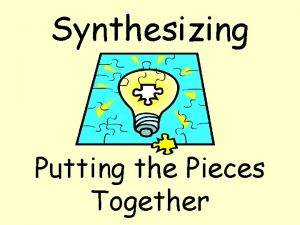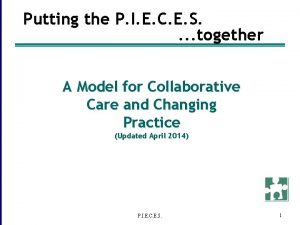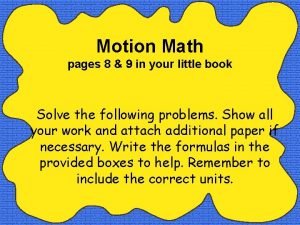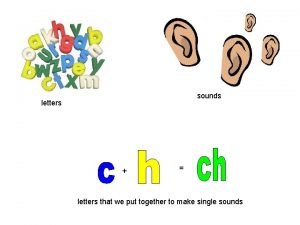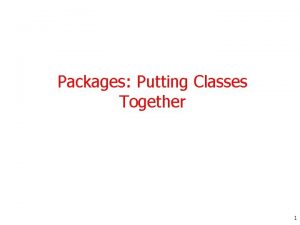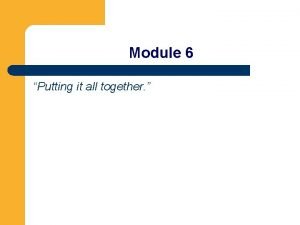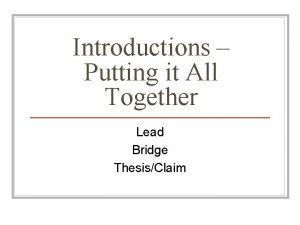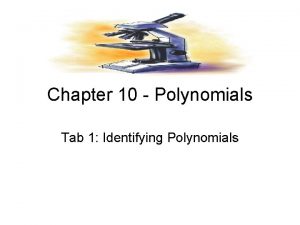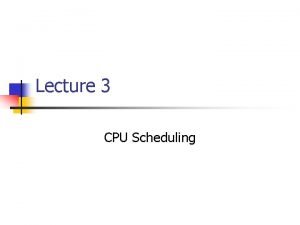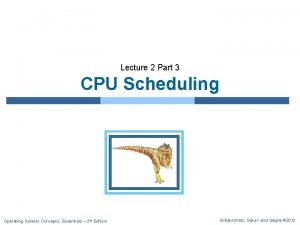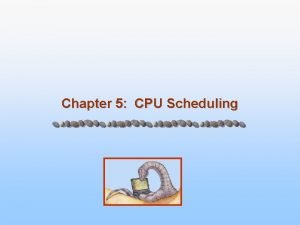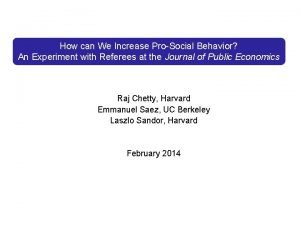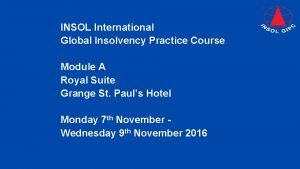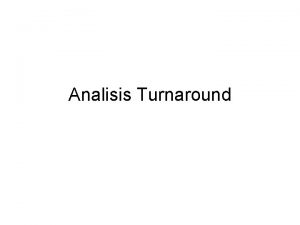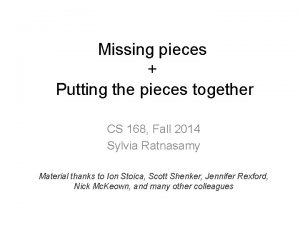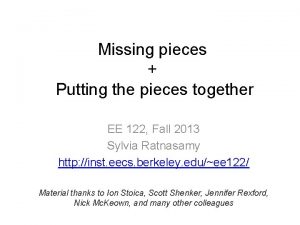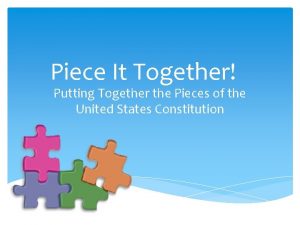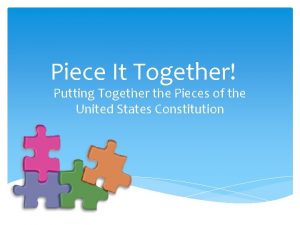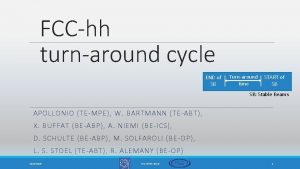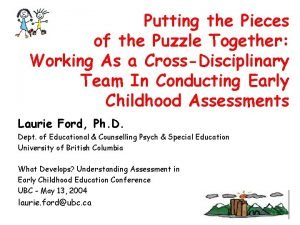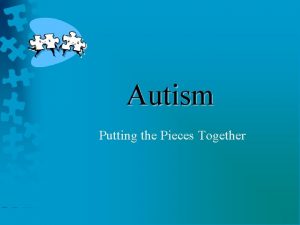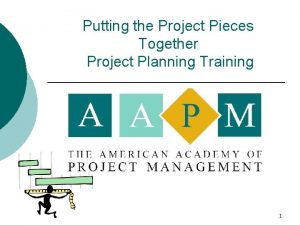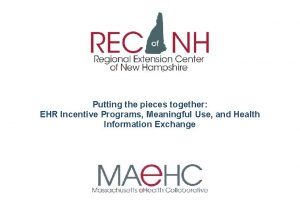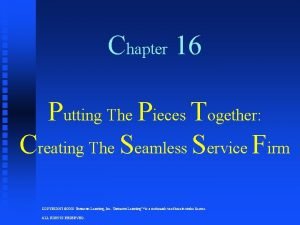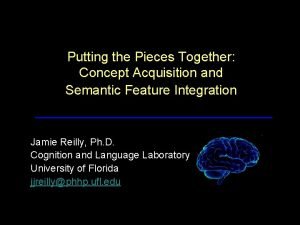State of Turnaround PUTTING THE PIECES TOGETHER Putting





















- Slides: 21

State of Turnaround PUTTING THE PIECES TOGETHER

Putting the Pieces Together Assess Create and Implement Monitor and Adjust Theory of Action for Improving Schools and Districts

Creating a System If not, what are we going to do about it? • Monitor and Adjust At any given point, how do we know whether we are on track? • Monitor and Adjust What are we trying to do? • Theory of Action How are we planning to do it (Including Who)? • Assess • Create and Implement

Key Questions Helps identify most critical barriers? Tough questions asked? Creative problem -solving? Encourages learning? Clear area of focus? Shared view of performance? Focus on most important aspects Buy-in to purpose and preparedness? Clear roles and responsibilities? Participants come prepared? Clear next steps? Happens regularly enough? Right people present? High-quality materials? Well facilitated?

The How: Establishing and Differentiating a System Goal 1. Foster relationships, resource sharing, and comprehensive planning across divisions and levels for the purpose of creating a shared vision for meeting technical assistance needs of districts and schools identified for improvement. Goal 2. Use data to identify and differentiate the needs of districts and schools identified for improvement so that appropriate assistance can be delivered to address these needs. Goal 3. Design and use ongoing job-embedded, professional development that helps district leaders build effective practice in schools identified for improvement Goal 4. Make ongoing decisions based on learning and implementation to inform the system and continuous feedback

Cross Agency Support Foster relationships, resource sharing, and comprehensive planning across divisions • • • Identify the right people across levels Create regularity and routines Well facilitated meetings w/high-quality material Participants come prepared Clear next steps, clear roles and responsibilities

Data Driven Decision Making Use data to identify and differentiate the needs of districts and schools identified for improvement Collaborate on assessment and planning Opportunities (i. e. Needs Assessment/District Readiness) Establish routines for gathering and analyzing available data Assign and calibrate data – leading and lagging indicators Establish and implement routines for providing feedback and making decisions

Professional Learning Design and use ongoing jobembedded, professional development that helps district/school leaders: • Identify competencies • Access training • Practice-related tools

State Example ACROSS THE SYSTEM

EB Ps/ EII s Our Current Context GOAL Improved Outcomes for ALL Students

Cascading Theory of Change State REAs Districts Schools Classrooms Students

Example: Implementation Capacity Development State Goal: To build a statewide system that deliberately and consistently implements effective K 12 education practices to improve student outcomes � The system’s process is maintained even if the players or charge changes. Initial Focus: Early Literacy Initiative (K-4 ELA) § Students with Disabilities and IEPs § Districts and Buildings in School Turnaround

SYSTEM CHANGE

Examples of State Context � Loss of ESEA Waiver � Review of Current Legislation � SEA Learning Standards Implementation � New Assessments � New Teacher and Principal Evaluation Process � State Systemic Improvement Plan (SSIP) � etc.

SEA Level � State Management Team Leadership & Support � State Transformation Specialists Capacity Development � Analysis of SEA Practices & Processes: Turnaround, Literacy, & Special Education � State Capacity Assessment (SCA) � State Design Team Capacity Development � Creation and support of Regional Implementation capacity development

SISEP & STS Support State Management Team State Transformation Specialists State Design Team Repurpose Roles, Functions, & Structures to Maximize Outcomes Regional Implementati on Team District Implementati on Team Building Implementati Building Implementati on Teams on Teams District Implementati on Team Building Implementati on Teams

Transformation Zones School District School ESD District School District School Currently: � Regional Implementation Team Capacity Development � Exploration with Districts Assess potential match of needs, resources and readiness to participate Mutual Selection � Formation and Development of District Implementation Teams

Assessment and Action Planning Tools SISEP & STS Support State Capacity Assessment (SCA) • Administered Twice a Year (Fall & Spring) • Drives State Action Planning Regional Capacity Assessment (RCA) • Administered Twice a Year (Fall & Spring) • Drives Regional/ESD-level Action Planning District Capacity Assessment (DCA) • Administered Twice a Year (Fall & Spring) • Drives District action Planning Building Drivers Assessment & Observation Tool for Instructional Supports and Systems (OTISS) • Building Implementation Team Assessment • Observation of Instruction (10 min walkthrough) • Drives Building Level Action Planning

Our Way of Work �Build on strengths and current resources – no new groups, teams, or workgroups if current structures will support new functions �Integration with current work � Learning relationship – always a work in progress � Not linear but iterative � Tolerate ambiguity – ‘get started – get better’ � Use data to inform action planning and decision-making whenever possible

The 4 Domains of Rapid School Improvement 20

Workbook
 After putting the pieces together what do they look like
After putting the pieces together what do they look like Putting the pieces together case study answer key
Putting the pieces together case study answer key Putting it all together motion answer key
Putting it all together motion answer key Put sounds together
Put sounds together Package mypackage; class first { /* class body */ }
Package mypackage; class first { /* class body */ } Putting a speech together in a particular way
Putting a speech together in a particular way Practice putting it all together part 1 fill in the blank
Practice putting it all together part 1 fill in the blank Putting two words together
Putting two words together Introduction bridge example
Introduction bridge example Putting it all together
Putting it all together Putting things together is called
Putting things together is called Angular diameter turnaround
Angular diameter turnaround Turnaround time example
Turnaround time example Sjf cpu scheduling
Sjf cpu scheduling Prayer for divine turnaround
Prayer for divine turnaround Burst time in os
Burst time in os Anatomy of journey
Anatomy of journey Turnaround couriers
Turnaround couriers Theory x and theory y
Theory x and theory y Jfe turnaround time
Jfe turnaround time Strategie di turnaround
Strategie di turnaround Adriaanse turnaround management and bankruptcy download
Adriaanse turnaround management and bankruptcy download
